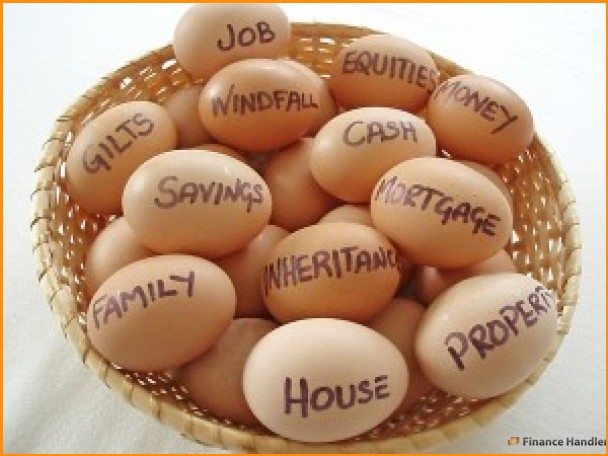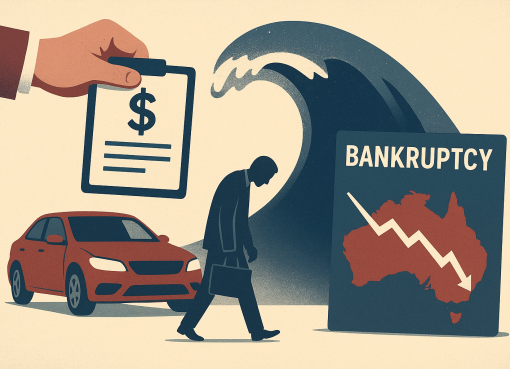Learning to track one’s personal finances is an important process, no matter how much money is involved. If you think you do not make enough money to consider organizing your finances better, think again! Good personal finance skills are perhaps most important when your budgets are tight and you need to get the most out of every penny.
You can save on energy bills by using energy efficient appliances. Switch out those old light bulbs and replace them with Energy Star compliant ones. This will save on your energy bill and give your lamps a longer lifespan. Using energy efficient toasters, refrigerators and washing machines, can also help you save a lot of money in the long haul.
If you absolutely need a credit card, search for one that offers you rewards to gain an added personal finance benefit. Most cards offer rewards in various forms. The ones that can help you best are the ones that offer little to no fees. Simply pay your balance off in full each month and get the bonus.
The envelope system is a tried and true budgeting technique that can work well for those who have a hard time staying within their budget. Cash out your paycheck at each pay period and put a predetermined amount of cash into each envelope for each line on your budget. You can then only spend the cash that you have for each item. It prevents you from overspending as you have a visual for what is left.
In order to maximize your personal finances, consider hiring a financial professional who can advise you about areas like investments and taxes if you can afford to do so. This’ll mean big savings in the long run, as someone who manages money matters for a living will not only be able to alert you to areas where you’re spending money unnecessarily, they’ll also have a much broader insight into investments as well.
For those individuals that have credit card debt, the best return on your money would be to minimize or pay off those credit card balances. Generally, credit card debt is the most expensive debt for any household, with some interest rates that exceed 20%. Start with the credit card that charges the most in interest, pay it off first, and set a goal to pay off all credit card debt.
As a college student, you will want to reduce the amount that you spend on books and supplies. Instead of purchasing books at the campus bookstore, which is usually at retail price, make friends with upperclassman who can give you these books at a discount. This can save you hundreds of dollars per semester.
These are just a few of the steps you can take to improve your personal finance skills. Trying some of them out will probably save you money – and once you see results, you will want to find out more. Keep researching money management and see just how well you can handle your personal finances.


